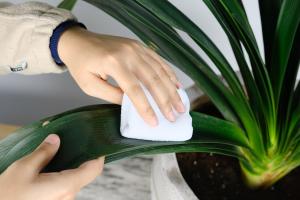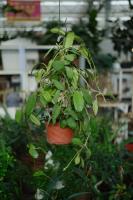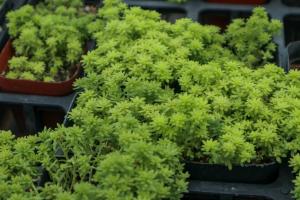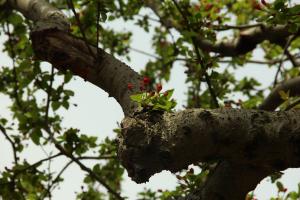Introduction
Mayhaw trees are a type of fruit tree that are native to the southern United States. They are known for their delicious fruit, which is used to make jelly, preserves, and juice. If you are interested in growing mayhaw trees, you may be wondering when the best time to plant them is. In this article, we will discuss when to plant mayhaw trees and the steps you should take to ensure their success.
Choosing a Planting Site
The first step in planting mayhaw trees is to choose a suitable location. Mayhaw trees prefer moist, well-drained soils and should be planted in an area that receives full sun. Avoid planting in low-lying areas that are prone to flooding, as this can lead to waterlogged soil and root rot. It is also important to ensure that the planting site has sufficient space for the tree to grow to its full size.
When to Plant Mayhaw Trees
The best time to plant mayhaw trees is in late winter or early spring, when the tree is still dormant. This allows the tree to become established before the hot summer months. Planting earlier in the fall is also an option, but it is important to do so at least six weeks before the first frost to allow the tree to establish roots before winter. Avoid planting in the summer, as the heat and humidity can cause stress on the tree.
Planting Mayhaw Trees
Before planting, be sure to soak the root ball in water for at least an hour to ensure that it is moist. Dig a hole that is twice as wide as the root ball and the same depth as the container. Remove the tree from the container and gently loosen any circling roots. Place the tree in the hole and backfill with soil, making sure to firm the soil around the root ball. Water thoroughly after planting and mulch around the base of the tree to retain moisture.
Care and Maintenance
Once planted, mayhaw trees require regular watering, especially during dry periods. They should be fertilized annually in the early spring with a balanced fertilizer. Pruning should be done in the late winter or early spring to remove any damaged or diseased branches and to shape the tree. Pest and disease control measures should also be taken as needed to ensure the health of the tree.
Conclusion
Planting and caring for mayhaw trees requires a bit of effort, but the reward of delicious fruit is well worth it. By choosing a suitable planting site, planting at the right time, and providing proper care, you can enjoy a healthy and productive mayhaw tree for many years to come.

 how many times do yo...
how many times do yo... how many planted tre...
how many planted tre... how many pine trees ...
how many pine trees ... how many pecan trees...
how many pecan trees... how many plants comp...
how many plants comp... how many plants can ...
how many plants can ... how many plants and ...
how many plants and ... how many pepper plan...
how many pepper plan...































